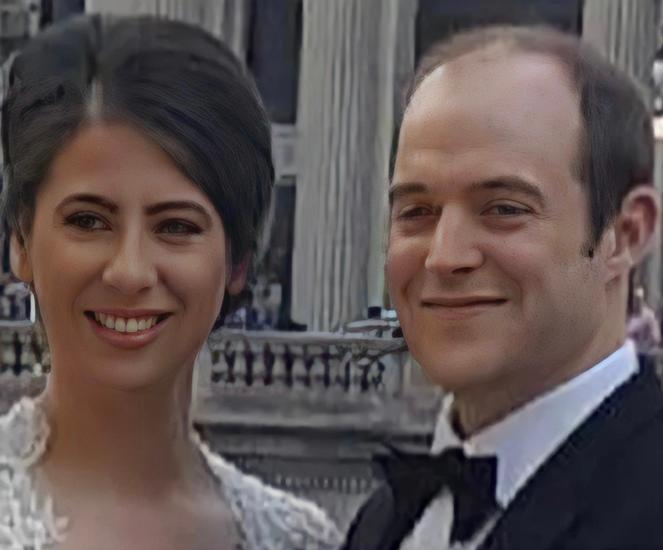Michael Scanlon.
Ballina, Co. Mayo, native Michael Scanlon worked in administration and sales for the Irish Echo in the mid-1990s. In this piece, he summarizes the story of his life and how he came to write two crime novels.
It was October 2014, Tarragona, Spain. Seven days into a family holiday, while out for a stroll one very hot day, I felt a chill. Thus began a mystery illness that almost killed me. Ninety days in a Spanish hospital followed, with further hospitalizations on my eventual return to Ireland as well as three weeks in the tropical diseases unit of London University Hospital in a desperate attempt by my doctor to find out what was wrong. But no one ever did. My illness remains a mystery to this day.
It took months for my initial symptoms to subside, to be free of pain, not to be shuffling to the toilet up to 60 times a day, to reach a stage where I was able to actually think. Too weak to do anything else, I filled up the time by reading. I read more than I ever did in my life before. And for the first time in a long time was able to fully concentrate and absorb the words. And then, lusting almost, I began to write. I took it as a sign of my improving health that I was able to hear the familiar voices of self criticism in my head: Who did I think I was? Who was going to read anything I wrote? Like most people, I can be my own worst enemy. Yet, as in the Martina McBride song, I just went ahead and did it anyway.

I’ve always loved crime novels, so naturally when it came to writing a book, that’s what I turned to. I now have two crime thrillers published by London-based publisher Bookouture, an imprint of Hachette/Little Brown. Both are set in the fictitious County Galway town of Cross Beg, centering on a hardboiled detective named Finnegan Beck, newly demoted from a high-powered job in Dublin and banished to the backwoods. Beck is a troubled soul, grappling with a drink problem and memories of the past. A reviewer commented that I had “woven an original and fascinating web of intrigue laced with heightened suspense against the backdrop of small-town rural Ireland provincialism.” I was delighted to hear this, and threw it in the face of my internal critic.
My first book “Where She Lies” came out in February this year, and the second, “The Child Before,” appeared in June. Both are available on Amazon and Kobo, and can also be ordered through Amazon in paperback or audio. My third book will be published next January.
Finally, I should tell you where I come from. This is Ballina in the West of Ireland, a small grey town overlooked by a towering cathedral. I left home at 16 and led a nomadic lifestyle for a number of years, traveling and working in the UK, Europe and the U.S. I’ve worked at everything from picking potatoes to newspaper reporter. Altogether, I’ve had 40 different jobs. I hitch-hiked across Europe when I was 17 and wound up penniless in Paris. I stowed away on a boat back to Ireland but often think what would have happened if I had stayed. I was a soldier in the Irish army at the height of the hunger strikes. The army offered me a job and the chance, I thought, of adventure. I quickly learnt, however, the Irish army doesn’t do adventure. I left when my stint was up.

Eventually, I felt I had missed out on education and so became a mature college student. I have a degree now in history and sociology from the National University of Ireland at Maynooth, and a first class M.Phil from Trinity College Dublin in creative writing. I finally settled down in 2006 when I married Eileen. We now have a beautiful daughter, Sarah. For the last 14 years I’ve been a civilian employee of the Irish police force, An Garda Síochána, which has been great for my crime novels. However, the last five years have been spent on extended sick leave.
Throughout my life I’ve always written: short stories, newspaper articles, rough drafts of books locked forever in bottom drawers of wardrobes and cupboards. As the saying goes, “the graveyard is full of dead poets.” In other words, people for whom time ran out. I’ve known some of them, gifted writers and artists, and one who planned to hire a convertible and drive down Route 66 with the wind in her hair. None of them ever got to do what they wanted. Time ran out. As it almost did for me. Writing helped me pull through the dark times, but it also taught me a lesson. Without sounding preachy, I learned that if I want to do something, I have to do it, and I have to do it now, because life won’t wait around for me to decide. Life decides for you. It was by my own time almost running out that I came to realize this lesson.









